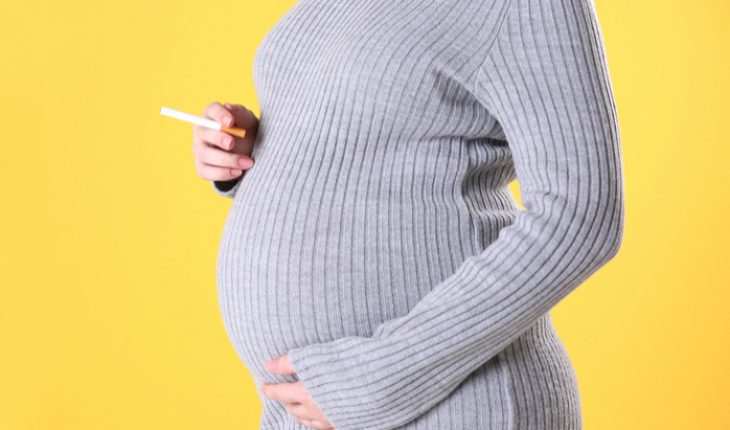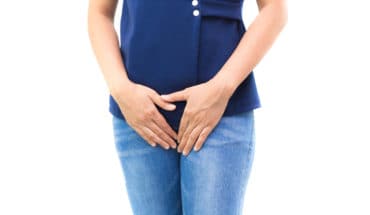Women exposed to cigarette smoke while in their mothers’ wombs are more likely to experience miscarriage as adults, according to new research from the University of Aberdeen.
Previous research on the subject has been inconsistent but this latest study, which looked at data for 12,321 women born prior to December 31, 1972, found that women who had been exposed to cigarette smoke in the womb were significantly more likely to suffer a miscarriage than those who were not exposed. This association remained even after taking account of the smoking habits of the women themselves who had the miscarriage.
The study, which has been published in Human Reproduction Open journal, did not find a link between exposure to cigarette smoke in the womb and a decrease in fertility.
It found that those exposed to cigarette smoke in the womb were more likely to have a pregnancy than those whose mothers did not smoke. Women exposed to cigarette smoke in utero were also likely to have a pregnancy earlier than those not exposed.
The information analysed was taken from the Aberdeen Maternity and Neonatal Databank which has recorded and continues to record all pregnancies occurring in Aberdeen from 1949 to the present day. In this database, it is possible to link birth records of mothers with their own pregnancy and delivery records thereby creating an intergenerational database of grandmothers, mothers and daughters who have all given birth in Aberdeen.
Dr Sohinee Bhattacharya, a pregnancy and childbirth expert from the University of Aberdeen said: “There is a strong interest in whether our health and fertility can be affected by what happens when we are in the womb.
“Previous research has suggested that there may be a small decrease in the fertility of women whose mothers smoked in pregnancy. This study used a databank in Aberdeen to look at the birth records of more than 12,000 women and followed them through for 40 years to see whether being born to a smoker had any impact on women’s future fertility.
“The study did not find a link between mothers’ smoking and a decrease in fertility in their daughters. Women whose mothers smoked were more likely to have a pregnancy, but this study suggests that this could simply be linked to the fact that they were also more likely to get pregnant at an earlier age and could be related to socioeconomic status. Worryingly the study did find a significant increase in the chances of having a miscarriage among the women whose mothers had smoked when pregnant with them.
“As the database only records pregnancies occurring in Aberdeen, women who moved out of Aberdeen and had a pregnancy were not captured in the database. More research is needed to confirm the link between fertility and exposure to cigarette smoking in the womb.”
The lead author of the paper, Sam Tweed, completed the work as part of his undergraduate degree and graduated from the University of Aberdeen’s Medical School last month.
- Combination of drugs could prevent thousands of heart attacks - 21st April 2025
- UQ Study Links Poor Teen Diets to Heavy Social Media Use - 21st April 2025
- Gut microbiome could delay onset of type 1 diabetes - 3rd April 2025







If some cigarette exposure makes the foetus vulnerable in the womb, then what is the impact of vaccines which contain toxins, including neurotoxins like Aluminium, and what is the effect of the animal, human and bird material contained in vaccines given that faecal transplants are showing effects from the faecal donor?